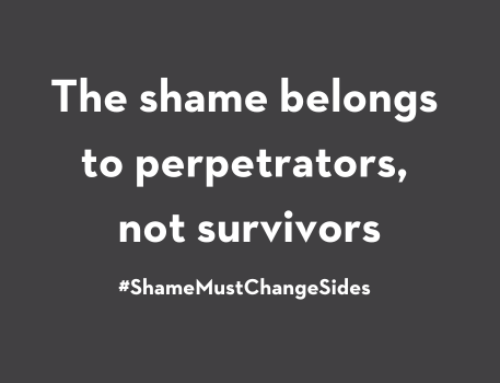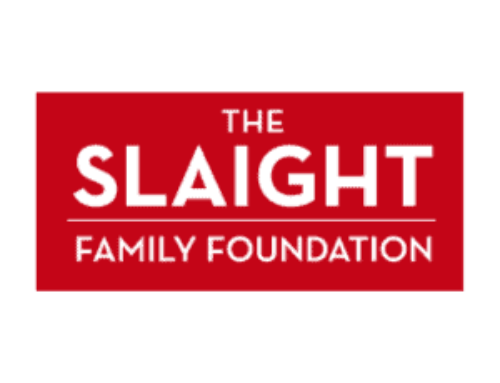Here are some warning signs you may be in a controlling or abusive relationship.
Has your partner ever:
Called you names, made jokes at your expense, or humiliated you in private or in front of others?
Told you what to wear, or harshly criticized how you dress?
Insisted you have sex when you don’t want to, or insisted you take part in sexual activities you dislike or that cause pain?
Refused to let you work, or forced you to work?
Refused to let you leave the house?
Constantly demanded to know where you are, what you are doing, and who you are with?
Monitored your phone calls, text messages, emails, Facebook, etc?
Refused to let you phone your friends or family?
Told you who you can and can’t talk to?
Constantly questioned your spending or taken control of your money? If you are financially dependent on them, have they unreasonable limited the money they give you or refused to tell you about your family’s financial situation?
Followed you in a way that made you fearful?
Used physical force (push, punch, slap, choke, shake, use objects/weapons, etc.)?
Physically harmed others (children, pets, family members, friends, neighbours, etc.)?
Threatened to use physical force? Threats aren’t always spoken – they can be silent too, such as looks, gestures, displaying weapons, etc.
Threatened to kill you or others if you leave?
Threatened to kill themselves if you leave?
Threatened to turn you into the authorities (police, immigration, etc.) if you leave?
Used your religious or spiritual beliefs to manipulate or control you, or to justify violence against women? Denied you freedom of religion, by refusing to let you practice your spiritual beliefs or insisting that you follow theirs?
Blamed you for their abusive behaviour, and told you it was your fault?
Destroyed your possessions?
Showed up unexpectedly, when they were not invited and not welcome, to social or work events?
Stolen your money?
Insisted you use drugs or alcohol against your will?
Insisted you take part in dangerous or criminal activities?
Hidden your keys or purse so you can’t leave the house?
Some abusers deny being abusive. Some freely admit they have behaved badly, show great remorse, and promise never to do it again – though they almost always do.
Many abusive relationships develop gradually and, at first, it might be tempting to write their behaviour off as harmless, perhaps just signs of love or jealousy or emotional insecurity.
But as advocates and survivors have said for years, abuse is NOT about jealousy or love – it is about power and control.
The United Nations says, “gender-based violence refers to harmful acts directed at an individual based on their gender. It is rooted in gender inequality, the abuse of power and harmful norms.” It disproportionately impacts women, girls, and Two Spirit, trans, and non-binary people. It includes sexual, physical, mental, and economic forms of abuse inflicted in public or in private as well as threats of violence, coercion, and manipulation.
And when an abuser’s usual methods cease to work – such as when the person being abused tries to leave – the abuse can quickly become deadly. Research shows that the most dangerous time for a woman in an abusive relationship is when she attempts to leave.
The two best tools for ending gender-based violence are knowledge and speaking out. Now that you know warning signs of an abusive relationship, I invite you to learn more and play your part to end gender-based violence.
Learn More
Signal for Help
Gaslighting: How to Recognize this Form of Emotional Abuse
The Facts About Sexual Assault and Harassment






